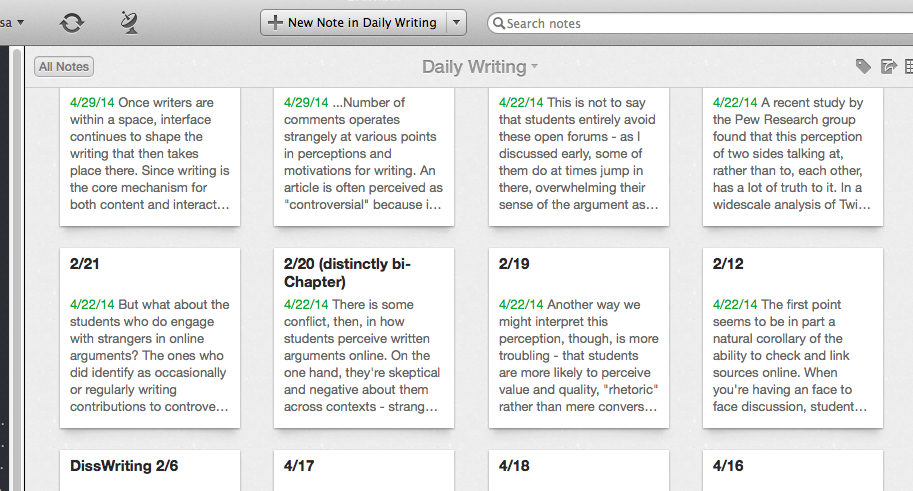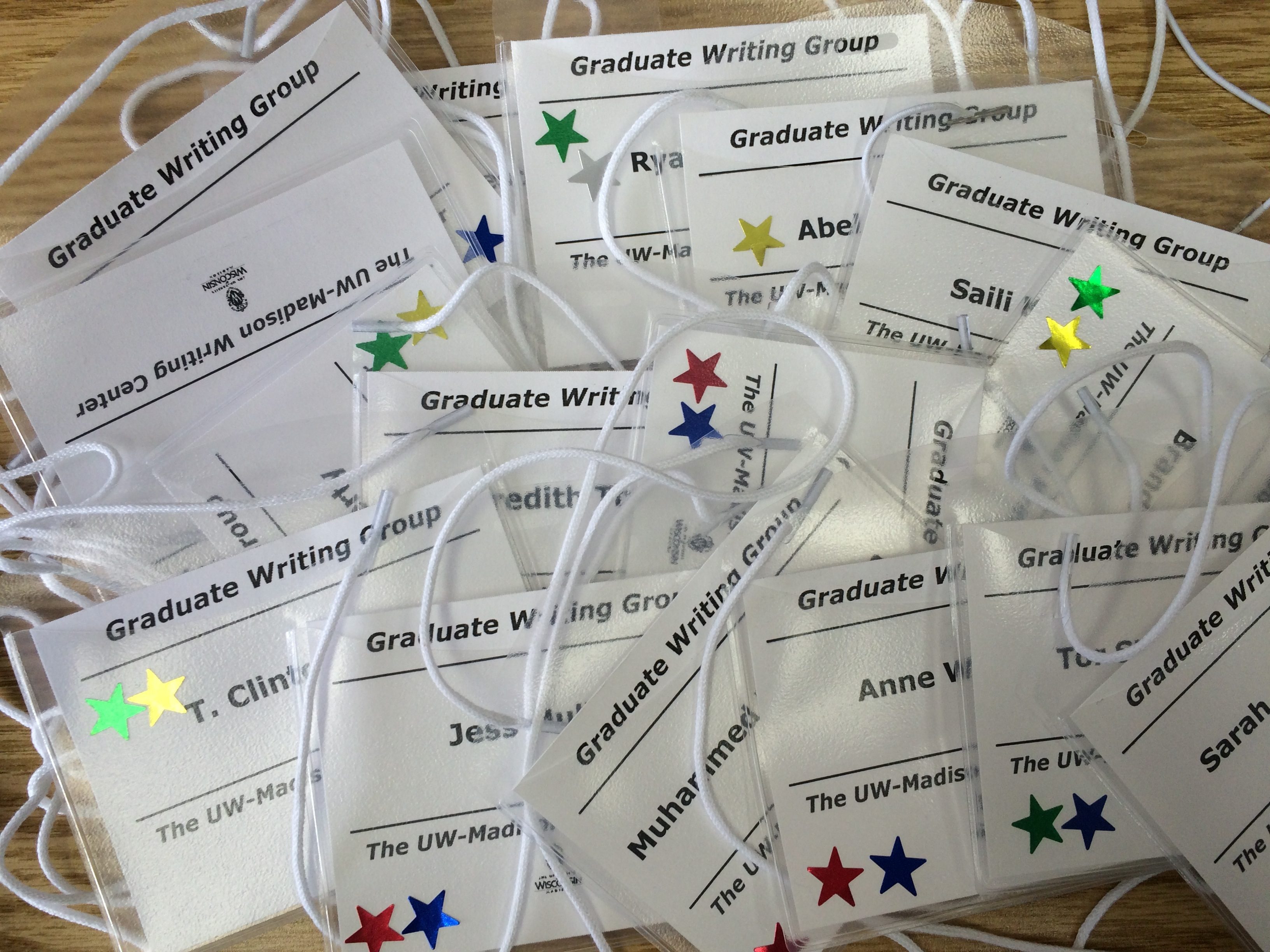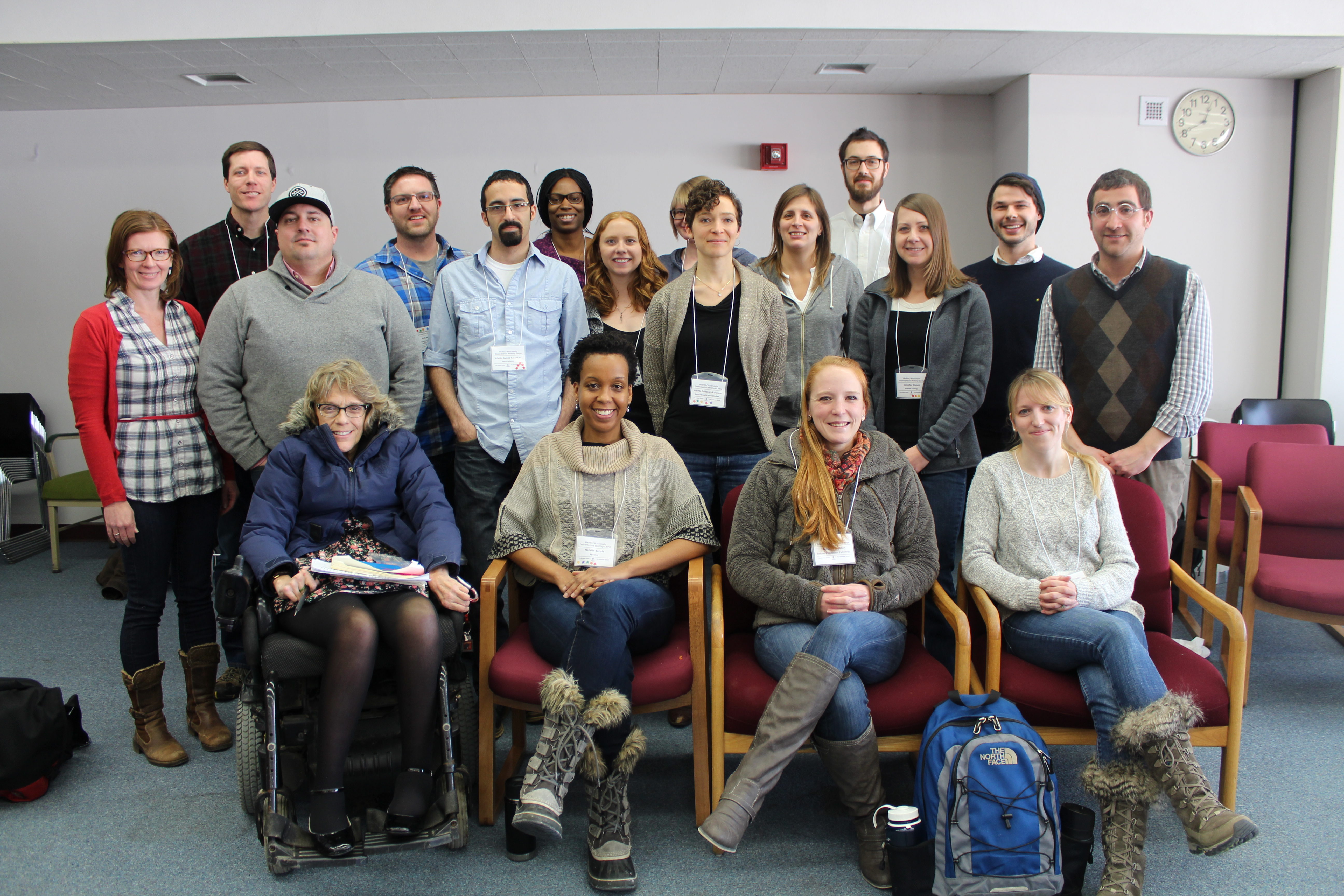Collaboration in Action
By Rachel Herzl-Betz Rachel Herzl-Betz is the T.A. Coordinator of Outreach for the Writing Center at UW-Madison, where she has been a tutor since 2012. She is also a PhD candidate in Literary Studies, with a focus on Victorian Literature, Disability Studies, and Rhetoric. The perfect teaching collaboration is an elusive ideal, more like a dream […]










